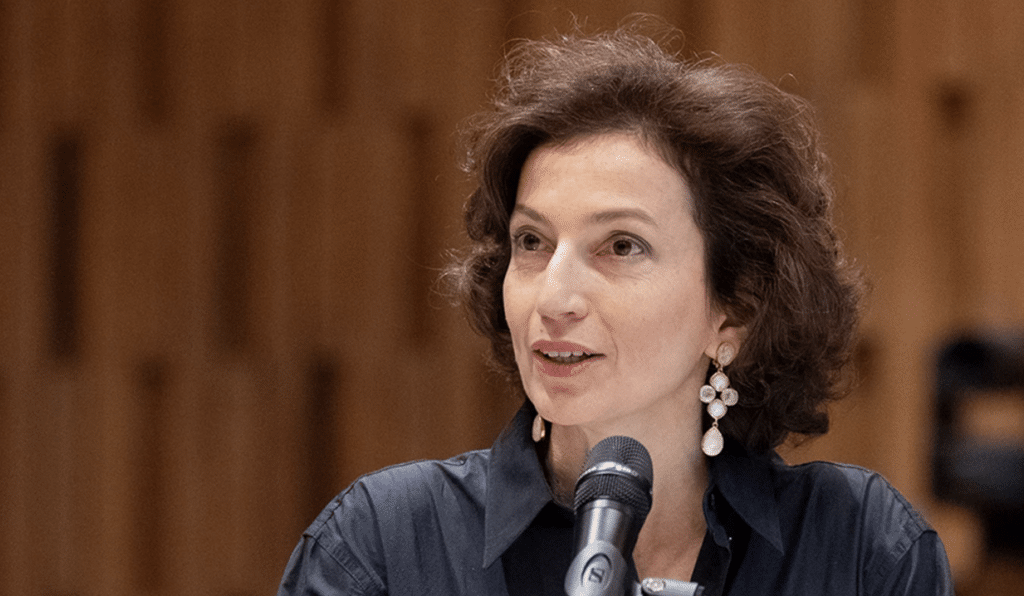The pace of Artificial Intelligence development is moving so fast that some of the world’s most recognisable tech and business leaders signed an open letter In March month calling for a six-month pause on research involving anything stronger than the current Chat GPT-4.
At the time of writing, more than 30,000 people have now signed the open letter, issued by the nonprofit Future of Life Institute. But given this NFP needs to verify every person who signs it, there is a large backlog of signatory names that are yet to appear.
That letter was weeks ago — which is a long time when it comes to AI development in 2023. And one thing we know we can’t change within weeks or even months, is the continued lack of diversity among those involved in AI research.
But that doesn’t mean we should not try, nor should we fail to focus on the issue.
Women make up just 12 per cent of AI researchers globally, according to stats from the United Nations, while just 20 per cent of employees in technical roles in machine learning companies are female. A lack of diversity in the research and creation of AI tools is deeply problematic, given it can further amplify existing gender biases and even create new ones. AI depends on the data it’s trained on, meaning if that data contains stereotypes then the systems created from that data will perpetuate and reinforce such stereotypes.
Meanwhile, given the serious consequences of AI for all of us, diverse representation across decision-making tables is essential in ensuring a wider range of experiences and potential implications are considered.
One such initiative for addressing the imbalance emerged this week from UNESCO with a new collaborative platform for supporting governments and companies to help ensure that women are represented equally in the design and deployment of AI.
Women4Ethical AI brings 17 of the world’s leading female experts on the issue from academia, the private sector and regulatory bodies and will aim to share research and contribute to developing a repository of good practices. The platform also has ambitions to support progress on non-discriminatory algorithms and date sources, as well as to incentivize girls, women and under-represented groups to participate in AI.
The platform centres on the idea that ethics and equality must be at the forefront of governance discussions on AI. Tools they are proposing to support the inclusion of women at every stage of the AI life cycle, as well as advocating for budget to be allocated for programs supporting women in AI research, academia and entrepreneurship.
As Audrey Azoulay, Director General of UNESCO said on the announcement: “There is an urgent need to rebalance the situation for women in AI to avoid biased analyzes and to build technologies that take into account the expectations and needs of all of humanity.”
Are we out of time for addressing diversity in AI? Without immediate and significant intervention, a pessimist might say we are absolutely too late. But we must still continue to rectify the imbalance but also take these opportunities to highlight how the imbalances are and could affect the AI that we use now and into the future.
It’s one thing to be concerned about gender bias and stereotypes being perpetuated in AI — and plenty of examples where that has occurred.
But more concerning is that despite the positives that significant transformations in how we live and work as a result of AI can bring, these are transformations that carry risks so big that everyone from Elon Musk to Steve Wozniak have signed an open letter in support of an immediate pause of big AI experiments. We need more diverse representation in AI that can help to identify, warn and seek solutions to mitigate the risks.
Pictured above: Audrey Azoulay, Director General of UNESCO.



